What do you think?
Rate this book
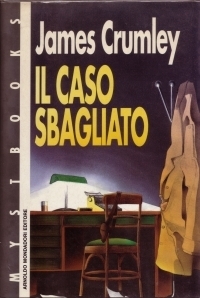

287 pages, Paperback
First published January 1, 1975
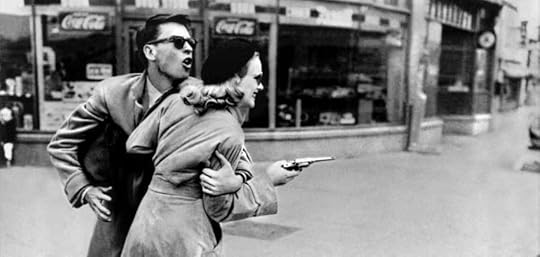


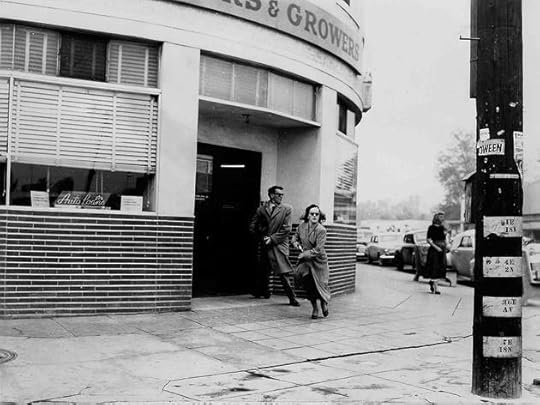
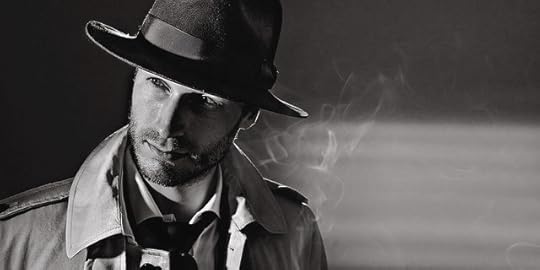
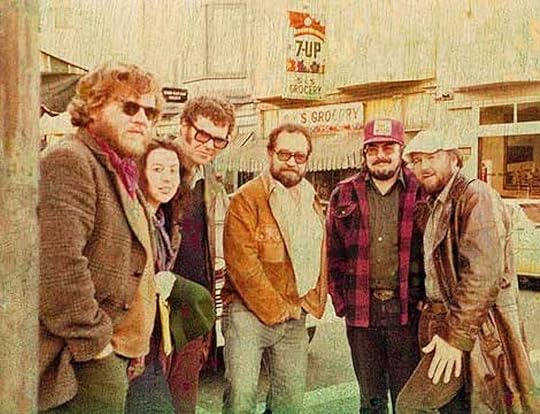
"My name is Milton Chester Milodragovitch, the third, and I'm a drunk. Thank God."
"My major problem, of course, was going to be the fact that I had neither training nor experience as a detective, no matter what it said on my licence. For God's sake, I didn't even read mystery novels because they always seemed too complicated."
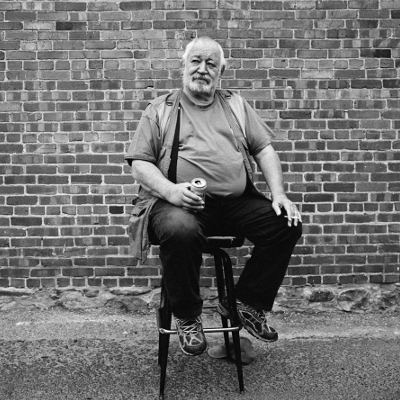
"The sun wasn't high enough over the east ridge to reach the creek or the house, but the tops of my tall blue spruces shimmered like blue flames above the cool, shaded air. Inside, I drew the drapes to capture the shaded morning."
"As she slipped through the door I caught a glimpse of the Arabian nightmare within the room. Oriental rugs covered with plush pillows and slight bodies hid the floor, carelessly circled around a brass water pipe. The bodies were caught in the tender mold of pan-sexual adolescence, the faces blank, waiting to be formed out of youth, but the eyes were as dark and empty as burial caves etched into chalk bluffs. A ringlet of smoke curled slowly above the pipe, and the sharp, bittersweet stink of blond Lebanese hash hovered in the cool, heavy air."
"'Hello," she said. Hildy had one of those voices that rub women the wrong way and men the right. My knees were suddenly weak."
"Hildy was the sort of woman an older man could fall in love with - if he could keep up. I couldn't."
"As I backed out of the driveway, she stood framed in the saffron glow, a tall woman, her long hair growing lank in the damp air, her strong hands strangling her waist with the cord of the ragged robe."
"Her bare feet had seen rough use, suffered badly fitted shoes and rocky trails, but when they touched the grass and earth, they seemed elegant in their confidence and strength, as certain of their power as were her swaying hips. And she carried her head proudly, as if she were a valuable gift. I felt a terrible pity, not for her, but for the confusion of sex."
"Sweet Mindy sat cross-legged and naked as a jay bird on the roof of my rig, waving gaily at the tourists...She was so casually naked that there didn't seem to be any point in looking the other way. Her legs were long and slim, her perky rump firm, and her breasts were small but looked as hard as green apples..."
"Let's find a sylvan glade."
"What's that?"
"A nice flat spot..."
"I lifted her in my arms, as light as a bundle of dry wood. She smelled of sunlight and stone, her limbs as smooth and limber as green sticks, and her mouth on mine, sun-warm and gentle, as soft as down, drove a stake into my tired heart. I wanted to break the spell, to heave her into the creek, to shout and splash water happily, to find some quick irony with which to resist, but the spell held..."
"'You're crying, you old fart,' she whispered sweetly, forgiving me, almost happy."
"The woman looked so good walking away from me that I was sorry she didn't like me."
"I never knew what to do when a woman ran away, could never tell if they wanted to be alone or if they wanted me to follow. I had tried both ways, but neither worked."
"In the confusion of sleep, she finally came to me, on wings in a cool throbbing wind, on her belly sinuous, angel and snake, her hair fire, her hair blood flower blooming, her hands cold, fingers ice, tears hot, her hands holding me again, to her soft breast, rocking and singing, small moans and the sound of a child weeping, hold me, held my face, my head cracked like a fallen egg..."
"Against our flesh, fired in the sun, the sheets were cool, and we were as timid as children, shy and clumsy, graceless, banging noses and clicking teeth, giggling among the aching moans..."
"Marriage is the triumph of imagination over intelligence. Second marriage is the triumph of hope over experience."